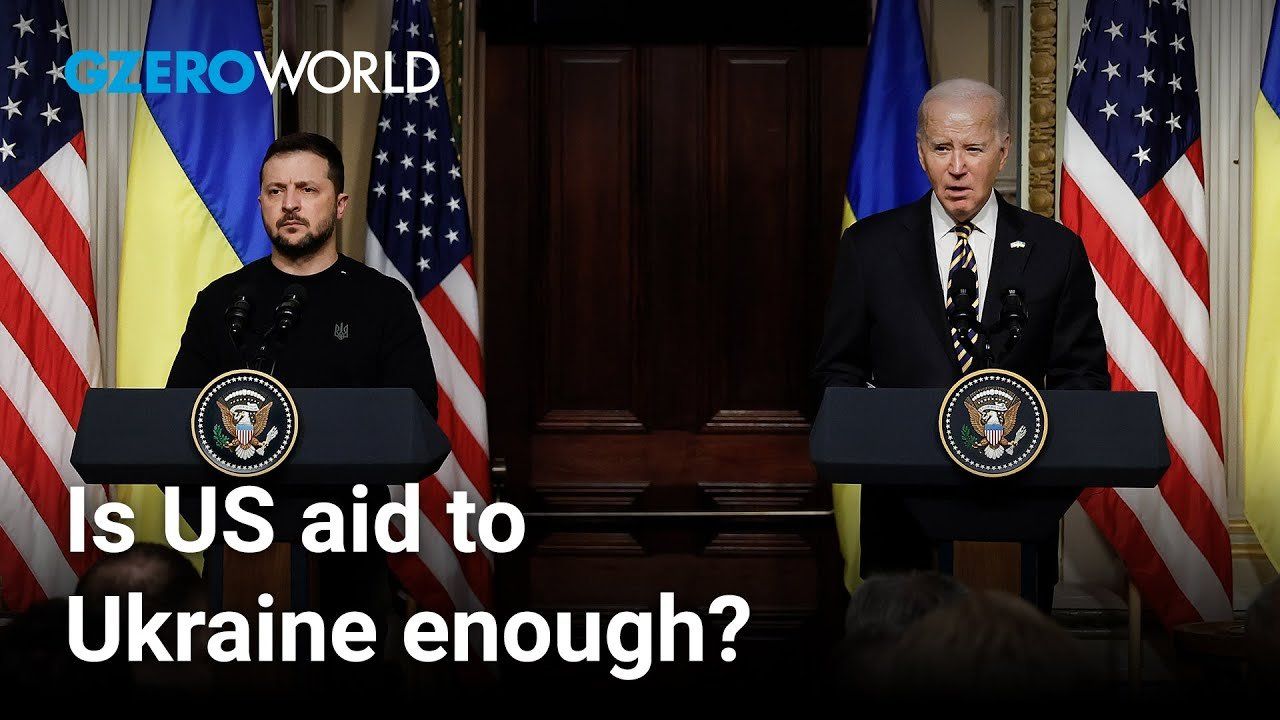
Former US Ambassador to NATO Ivo Daalder says the last six months of Ukraine's war with Russia may have been a critical juncture. He underscores Ukraine's urgent need for additional capabilities, especially manpower and ammunition, which the US has been slow to supply.
"[The Russians] just have more people, they have more guns, and they, importantly, it looks like they have more and better morale, which makes them willing to do things that otherwise people aren't willing to do."
Daalder calls for a serious discussion about the West's role in aiding Ukraine and the potential consequences of inaction. To put it simply, Daalder says there's much more that the US could be doing. "We have military power, we have capabilities; we could send in larger quantities. We have troops."